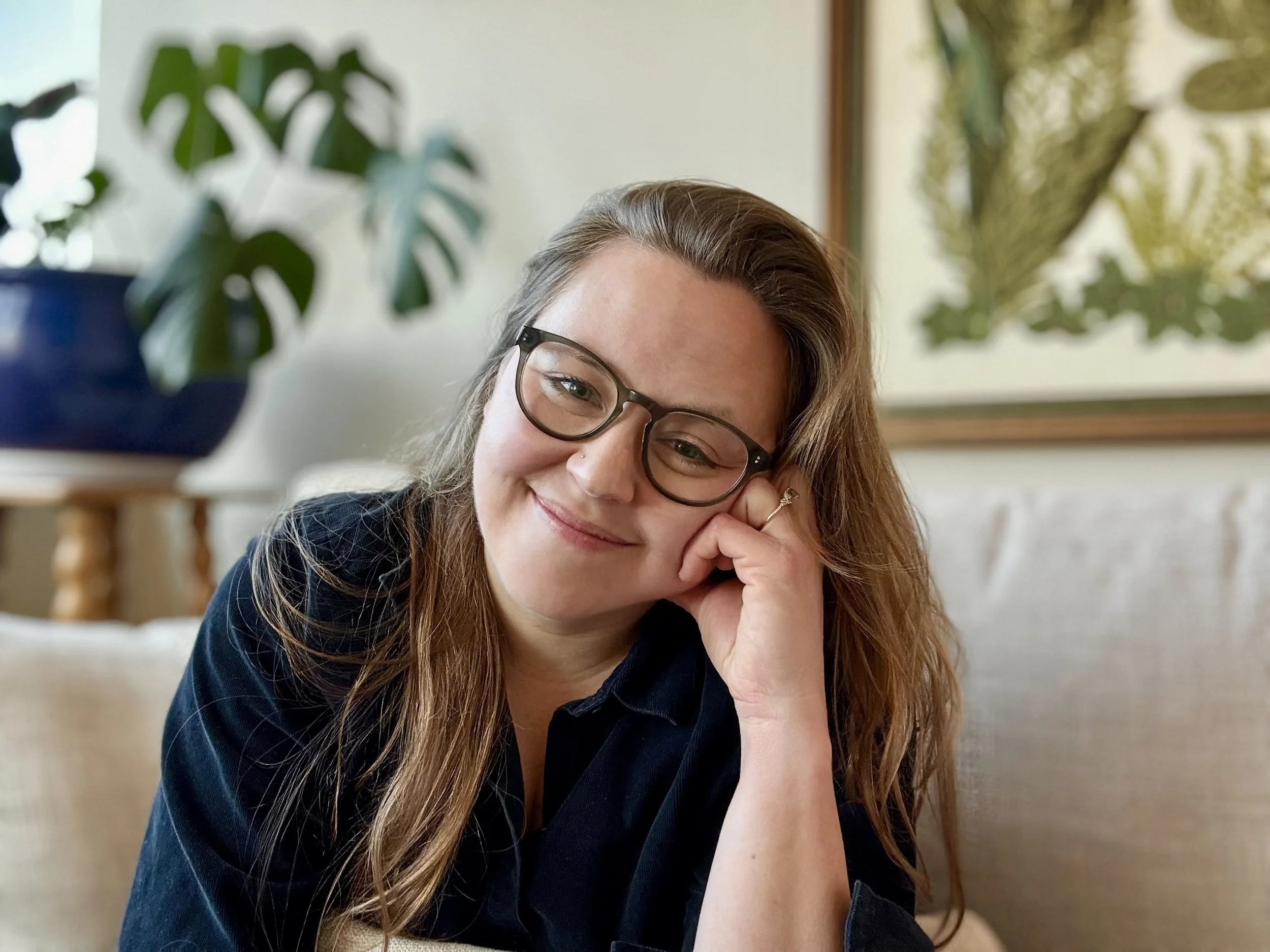Services
What do these look like?
Here is more information about my specific approach to different types of therapy sessions.
-
$150 per session
Sliding scale available, email for inquiry
I offer 50-90 minute individual sessions in my office in Midtown Nashville or via telehealth. I primarily utilize therapeutic modalities including: Internal Family Systems (IFS), EMDR, and Restoration Therapy. I am trained in EMDR and LGBTQIA+ affirmative CBT.
Ultimately, these approaches place the individual at the heart of the therapeutic journey. These integrative methods emphasize the importance of the client's perspective and foster a supportive, empathetic environment where personal growth can thrive. I will encourage clients to explore their thoughts and feelings, ultimately guiding them toward deeper self-understanding and empowerment. This collaborative partnership not only enhances self-awareness but also helps clients develop meaningful strategies to address their challenges, paving the way for lasting change and fulfillment.
-
$150 per session
Sliding scale available, email for inquiry
I offer both premarital and intimate partner/couples therapy for people in a wide array of relational stages. Gottman Couples Therapy, Emotionally Focused Therapy (EFT), and Restorative Therapy are several of the most frequent modalities I use for enhancing relationships and resolving conflict through an attachment lens.
Together, these integrated therapies provide couples with a comprehensive framework for understanding their relationship, enhancing emotional closeness, and paving the way toward lasting change. Through an attachment focus, these modalities equip partners with tools to create deeper connections, navigate challenges with confidence, and increase emotional support between partners.
-
Based in the Family Systems modality, I approach family therapy with the understanding that each individual plays crucial, unique roles that continue to perpetuate relational patterns within the family unit. Sometimes these roles create tension, and in other instances, these roles serve the greater purpose of the family as a whole. Each individual operates independently; however, the sum of each part working together is greater than each part working independently.
Effective conflict management and adaptation are essential characteristics for families as they grow and change. Communication skills and slowing the relational dynamics down can be helpful tools to turn the metaphorical temperature down within the family. The idea with this approach is that problems within one family member can reflect larger systemic issues, suggesting that effective therapy must address the entire family structure rather than focusing solely on the individual. By exploring patterns, roles, and communication styles within the unit, families cultivate a deeper understanding of their patterns and eventually promote new, innovative interactions. This perspective not only fosters resilience but also empowers families to adapt and thrive amidst challenges.
Further details upon request.
Data-Driven
A data-informed approach combines real-time progress tracking and analysis to ensure that each client system receives the most effective and efficient care possible. With this information, we are able to identify specific strengths and challenges of each individual or family system, and tailor our interventions accordingly. This therapeutic lens not only enhances the quality of care, but also empowers clients to take an active role in their own healing and personal growth.
The Outcome Rating Scale (ORS) is a tool that we will use in each session to gauge where clients are experiencing stressors in their daily life. As this number is followed, the client and therapist can collaboratively work to find meaningful, creative solutions to these stressors. Additionally, the Session Rating Scale (SRS) is a helpful tool that assesses the quality of the relationship dynamic between the therapist and client, a significant predictor of client outcomes (see in Sprenkle, 2009).




